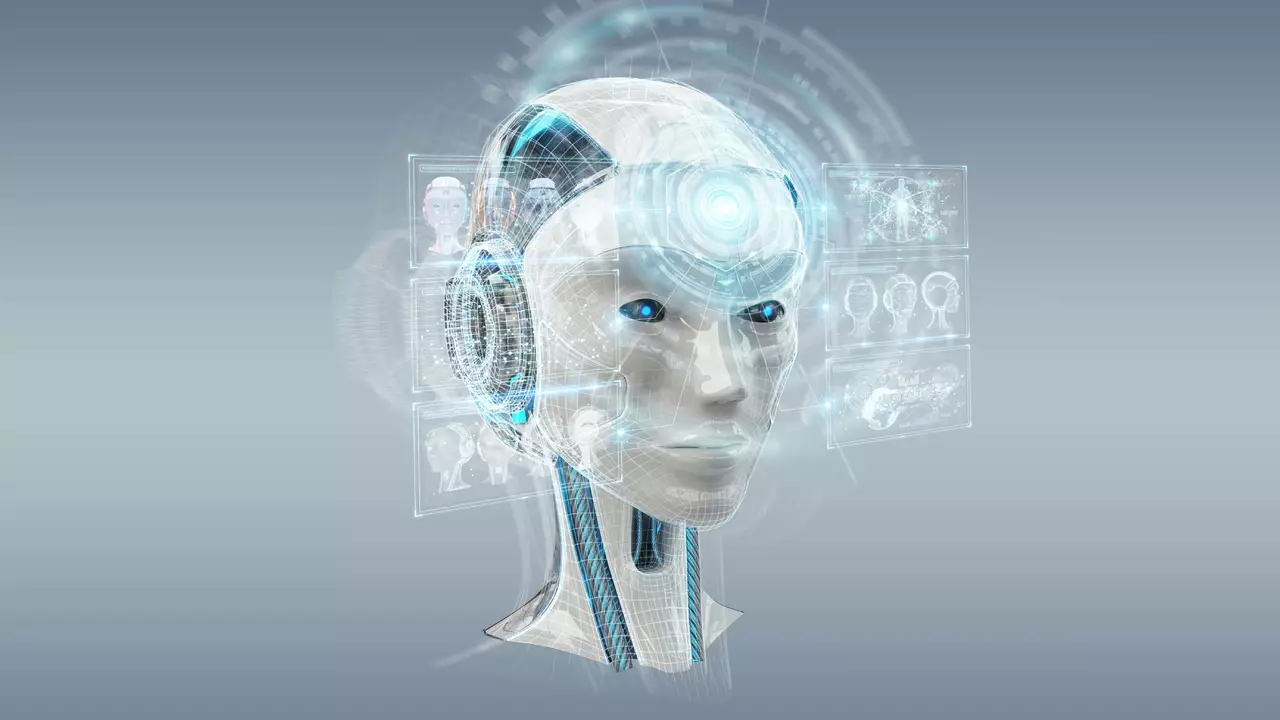Tech Water Spy - Page 2

Joe Burrow Out for Months After Grade 3 Turf Toe Injury
Joe Burrow's Grade 3 turf toe injury sidelines the Bengals' star QB for at least three months, thrusting Jake Browning into the spotlight and prompting trade talks for veteran help.
Sep, 30 2025

Derrick Henry Poised to Break Into NFL’s Top‑10 All‑Time Rushing Leaders in 2025
Baltimore’s 31‑year‑old workhorse is sitting at 18th on the NFL’s career rushing list with 11,423 yards. After a 1,921‑yard, 16‑touchdown 2024 season, he signed a $30 million extension and leads the league in yards and touchdowns. Coach John Harbaugh likens him to Jim Brown and Barry Sanders, and the next 12 months could see him jump into the top‑10.
Sep, 23 2025

American Idol Season 24: Carrie Underwood, Luke Bryan and Lionel Richie Return as Judges in 2026
ABC is bringing back Carrie Underwood, Luke Bryan, and Lionel Richie as judges for American Idol Season 24, airing in 2026. It’s Bryan and Richie’s ninth season on ABC’s version, and Underwood’s second since replacing Katy Perry. The announcement dropped August 25, 2025, alongside the opening of auditions. Season 23 wrapped in May with Jamal Roberts winning the title.
Sep, 16 2025

J.J. McCarthy leads Vikings 27-24 rally over Bears in Week 1 Monday Night Football
Down 17-6 after three quarters, J.J. McCarthy sparked a 27-24 Vikings win over the Bears at Soldier Field in his NFL debut. The rookie threw two fourth-quarter touchdowns and ran for the winner, spoiling Ben Johnson’s home debut as Chicago’s head coach. Caleb Williams started hot for the Bears, completing his first 10 passes. Multiple YouTube live streams gave fans second-screen commentary and real-time reactions.
Sep, 9 2025

What are your ideas on artificial intelligence and its future?
Alright peeps, let's dive right into the world of artificial intelligence (AI). It's like that overachieving cousin we all have, right? The one who's always up to something mind-boggling. I'm totally on board with AI! It's like we're on this super exciting roller coaster ride, going at breakneck speed towards a future filled with unimaginable possibilities. But remember, even the smartest robot can't steal our cookies from the cookie jar... yet!
Aug, 3 2023

Isaac Martinez?
Oh boy, Isaac Martinez! This guy is a real hoot and a half! He's a man of many talents - an entrepreneur, an innovator, and a philanthropist rolled into one. I mean, really, if there was a Swiss Army knife for humans, Isaac would definitely be it! So, next time you're feeling a bit down, just remember there's an Isaac Martinez out there kicking butt and taking names, and if he can do it, so can you!
Jul, 29 2023

What is the best weekly top tech news digest?
Hey folks, news junkies, and tech enthusiasts! It's your friendly neighborhood blogger here with the scoop on the best weekly tech news digests. Now, if you're anything like me, you're probably drowning in a sea of tech news, updates, and the occasional cat meme. But fret not, my friends, for the TechCrunch newsletter is here to the rescue! With its perfect blend of the latest tech trends, juicy startup stories, and a dash of humor, it's like the ultimate tech smoothie, served fresh every week. So, hop on board and let's ride the info highway together!
Jul, 28 2023

Does technology create jobs?
In my exploration of whether technology creates jobs, I've discovered it's a double-edged sword. On one side, technology does eliminate certain jobs through automation. But, on the flip side, it also generates new roles that we couldn't have imagined a few years ago. So, while it may feel like tech is taking jobs away, it's also creating a wealth of opportunities in fields like AI, data analysis, and digital marketing. Therefore, technology is not a job killer but a job transformer.
Jul, 22 2023

Are quantum computers borrowed from alien technology?
After exploring the fascinating world of quantum computers, I've encountered a wild theory that suggests they're borrowed from alien technology. While it's an enticing thought, there's no concrete evidence to support it. In reality, quantum computers are the product of human ingenuity and years of scientific research. This technology leverages principles of quantum physics to process data in a way that classical computers can't. While the concept might seem otherworldly, it's a testament to the incredible advancements we've made in our understanding of the universe.
Jul, 18 2023

What will be the future impact of artificial intelligence?
Artificial intelligence (AI) has been transforming many aspects of our lives in recent years, and its impact is expected to grow in the coming years. AI has the potential to revolutionize the way we interact with technology, allowing us to access more personalized services, more efficient processes, and more accurate data analysis. AI also has the potential to drastically reduce costs, improve safety, and create new jobs. In the long run, AI could potentially lead to the development of autonomous systems that can understand and respond to their environment, resulting in a range of potential applications in medicine, transportation, and more. Ultimately, AI has the potential to make a significant impact on our lives in the future.
Mar, 7 2023